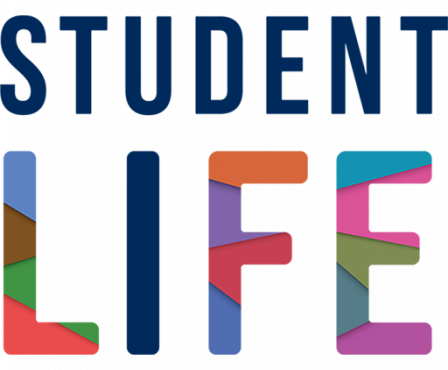Alternative Reading Week (SPA)
The Alternative Reading Week (ARW) program, a four-day initiative during winter reading week, underwent a Signature Program Assessment (SPA) in 2023-2024 to evaluate its effectiveness and provide future recommendations. ARW allows students to engage with local community partners, address community priorities, gain hands-on experience, develop practical skills, and earn Co-curricular Record (CCR) credit.
ARW is one of the longest-running and largest programs offered by the Centre for Community Partnerships (CCP) and provides experiential learning opportunities that empower students to be civically and socially engaged in Toronto communities.
The SPA highlighted that ARW significantly enhanced students’ awareness and understanding of the vital work that different nonprofits undertake in communities around Toronto. For instance, 87% of students felt that ARW boosted their knowledge of the different strategies and approaches to community work. Equally important is that students were trained to work with communities from an asset-based approach that centers community knowledge and nearly all students who completed the program were able to define and identify assets in the communities they were volunteering. The community partner organizations that hosted students also reported positive experiences, with 89% noting that students effectively supported their missions and priorities. Overall, the findings underscore ARW’s success in fostering community engagement and leadership skills among students.
Feedback from students and community partners was overwhelmingly positive and met all learning objectives. Participants gained practical experience, networked, and contributed to the priorities of their community partner organizations, while those partners valued the student support and expressed a strong willingness to continue the partnership. Participants highlighted the meaningful impact of the ARW program, with one student stating, “You shouldn’t assume what people know and you shouldn’t judge anyone. You can learn from anyone anytime.” Another student mentioned, “It is really meaningful to spend my reading week in ARW, I would like to participate again next year.”
Participating in the SPA process led to several key recommendations for enhancing ARW. Simple improvements, such as making all components mandatory for CCR credit led to higher participation rates in the areas of student learning being targeted. Adjusting data collection methods allowed the CCP to find ways to decrease the burden on community partners at program evaluation time. The
The SPA also provided helpful insights about student motivations for participating in ARW, that will guide future promotions strategies. Lastly, the CCP is able to use the collected stories to promote the program and for reporting purposes within Student Life.
The SPA emphasized the program’s success and provided insights for future improvements, focusing on behind-the-scenes processes, documentation, and increasing student participation. With strong recommendations from participants and partners, ARW remains a successful program for fostering civic and social engagement among students.
Objective: 2.5
Draw on student-centered data and feedback to develop and adapt programs, services, and resources, to meet the needs of both specific and broad intersectional student identities, including Indigenous, Black, Asian, racialized, LGBTQ2S+, graduate and professional students, international students, part-time students, mature students, students with disabilities, and students with family responsibilities.
Learn more about this goal and objective in the Student Life Strategic Plan.
